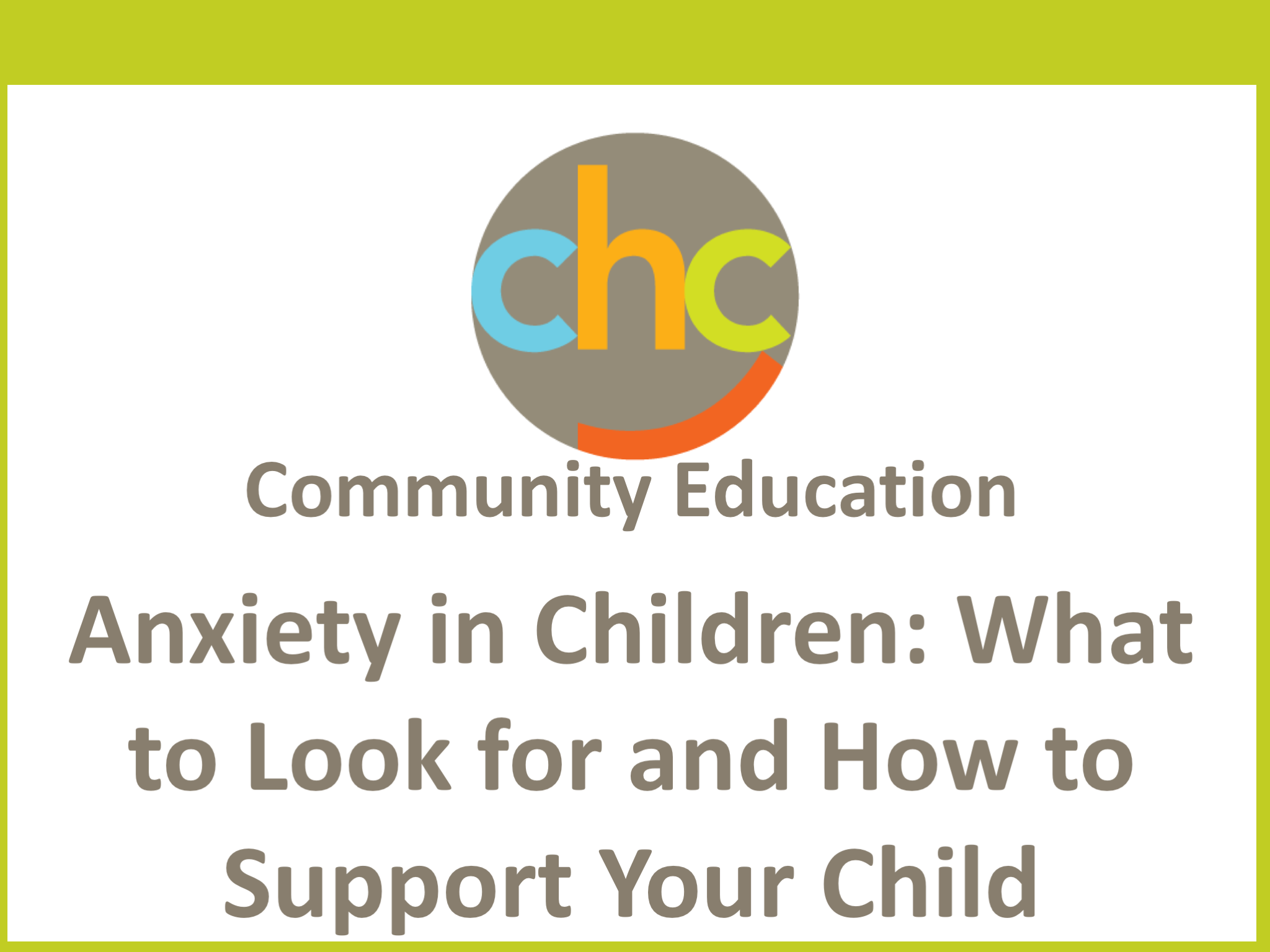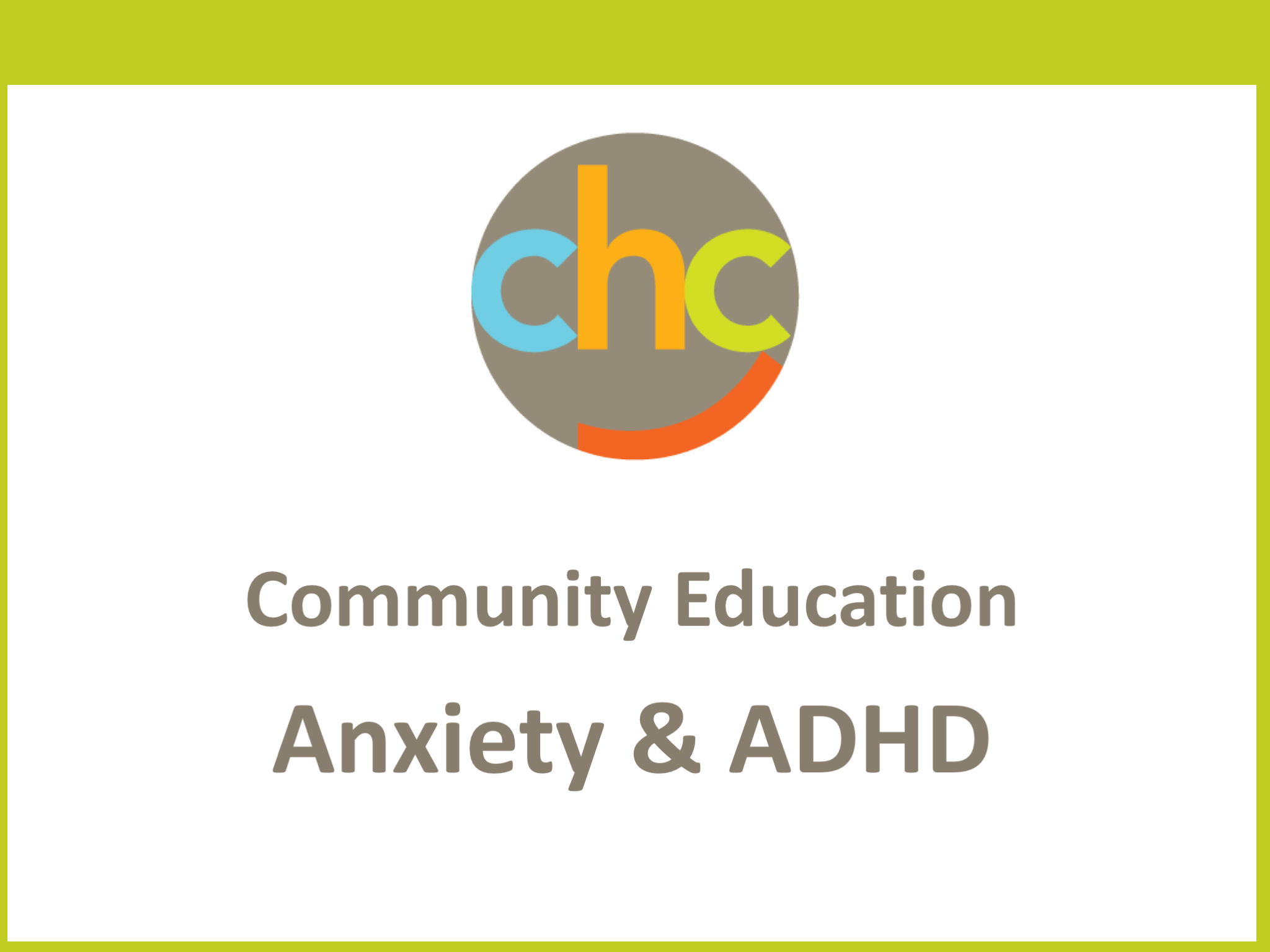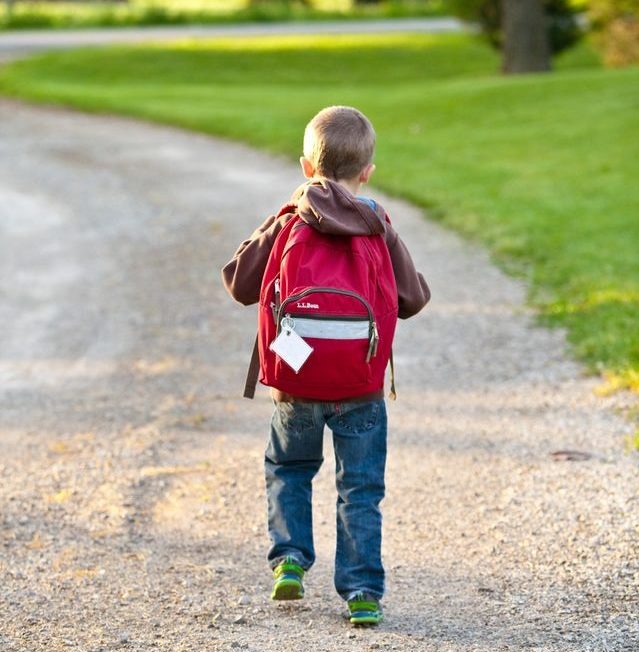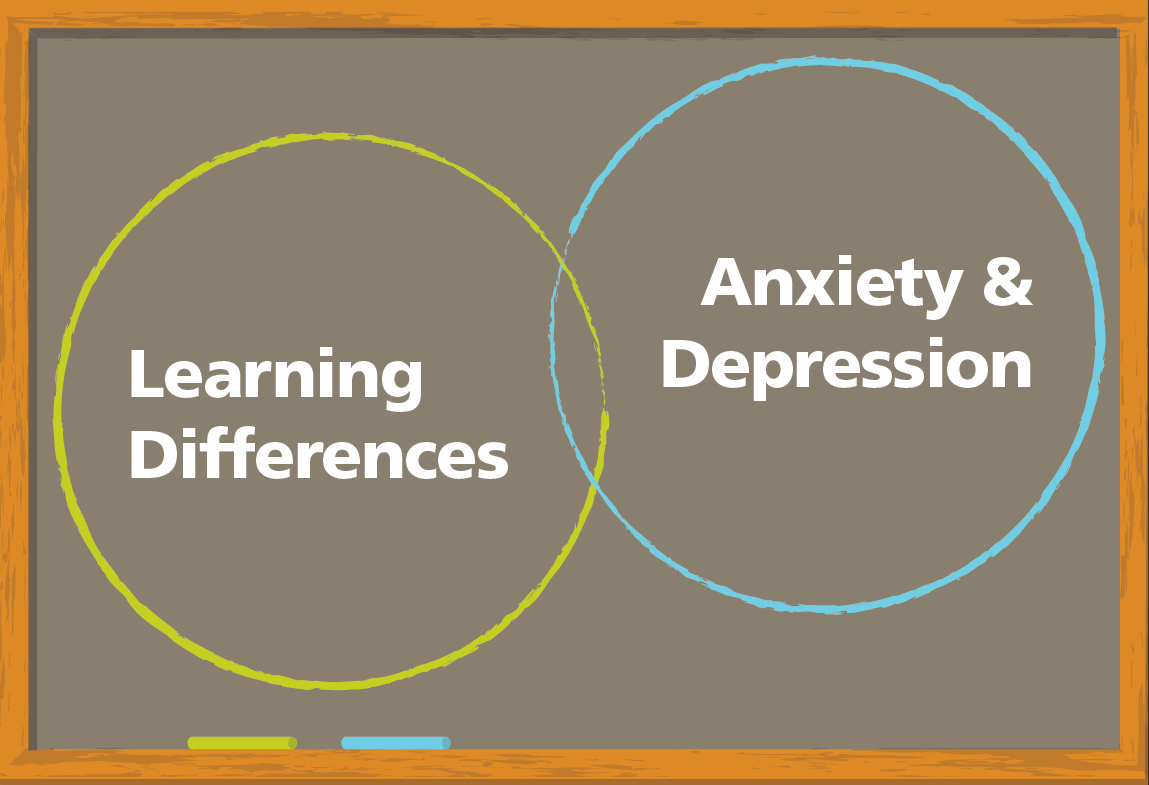What’s Going On In the Brain Of A Child Who Has Experienced Trauma? [video]
 Educators are increasingly recognizing that students often have complicated lives outside of school that affect how ready they are to learn. Many students experience some kind of trauma in their lives, whether it’s a health problem, divorce, violence in their neighborhood, or a combination of experiences. Research shows these experiences affect kids’ brains and behavior — a challenge for teachers expecting to arrive in class and only focus on content. Read more ›
Educators are increasingly recognizing that students often have complicated lives outside of school that affect how ready they are to learn. Many students experience some kind of trauma in their lives, whether it’s a health problem, divorce, violence in their neighborhood, or a combination of experiences. Research shows these experiences affect kids’ brains and behavior — a challenge for teachers expecting to arrive in class and only focus on content. Read more ›


 Compared to teens whose gender expression matches societal expectations, gender nonconforming adolescents may be more likely to experience mental health problems, a U.S. study suggests.
Compared to teens whose gender expression matches societal expectations, gender nonconforming adolescents may be more likely to experience mental health problems, a U.S. study suggests. 


 Early elementary students with symptoms of depression are much more likely to be at risk for academic deficits, according to new research.
Early elementary students with symptoms of depression are much more likely to be at risk for academic deficits, according to new research. 
 Resilience is the quality that allows you to “bounce back,” adapt, and persevere when you are faced with problems or challenges. Becoming more emotionally resilient will help you manage hard times and stress.
Resilience is the quality that allows you to “bounce back,” adapt, and persevere when you are faced with problems or challenges. Becoming more emotionally resilient will help you manage hard times and stress.

 The use of spanking to discipline children has been in decline for 50 years. But yelling? Almost everybody still yells at their kids sometimes, even the parents who know it doesn’t work. Yelling may be the most widespread parental stupidity around today.
The use of spanking to discipline children has been in decline for 50 years. But yelling? Almost everybody still yells at their kids sometimes, even the parents who know it doesn’t work. Yelling may be the most widespread parental stupidity around today. 



